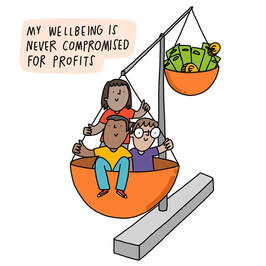
On the 22nd of March, the yearly international negotiations at the UN on Women’s rights reached an agreement. The meeting is called the Commission on the Status of women (CSW). Every year, UN member states come together and discuss a different aspect of gender equality. This year, “addressing poverty and strengthening institutions and financing with a gender perspective” was the theme. Negotiations are difficult, member states have very different positions on human rights, SRHR, comprehensive sexuality education and even the very concept of gender equality. Some years, they don’t reach a consensus.

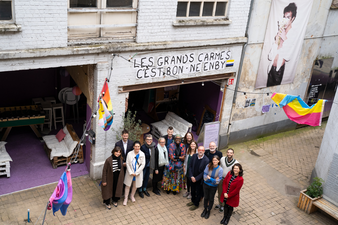
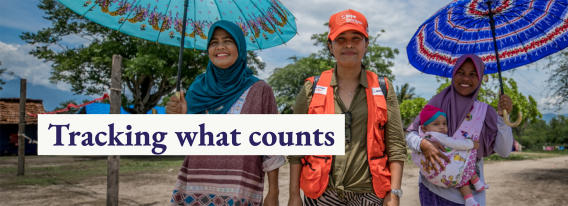
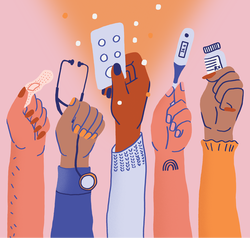
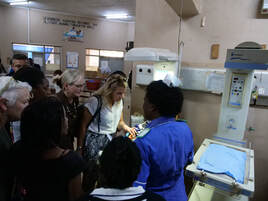
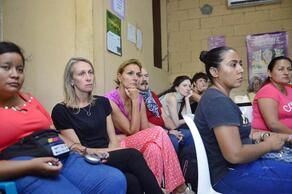
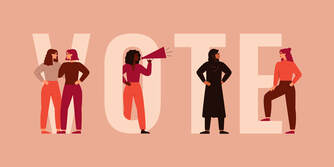
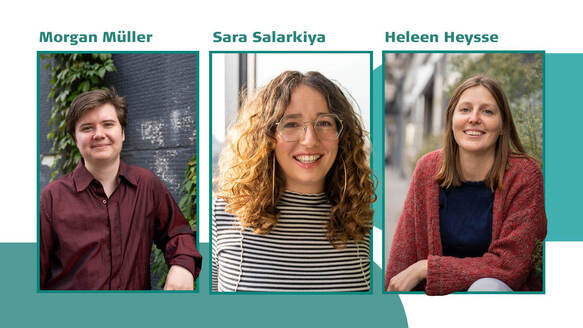

 RSS Feed
RSS Feed